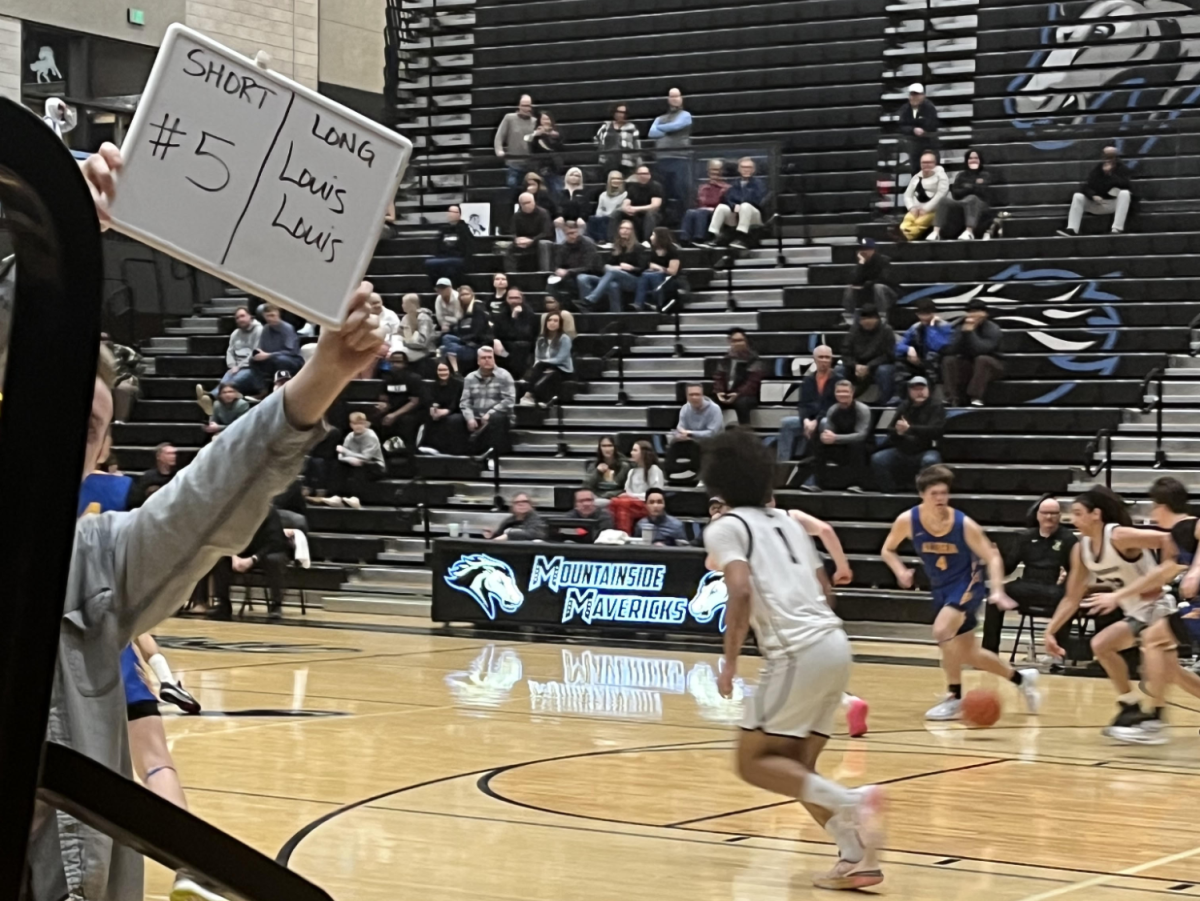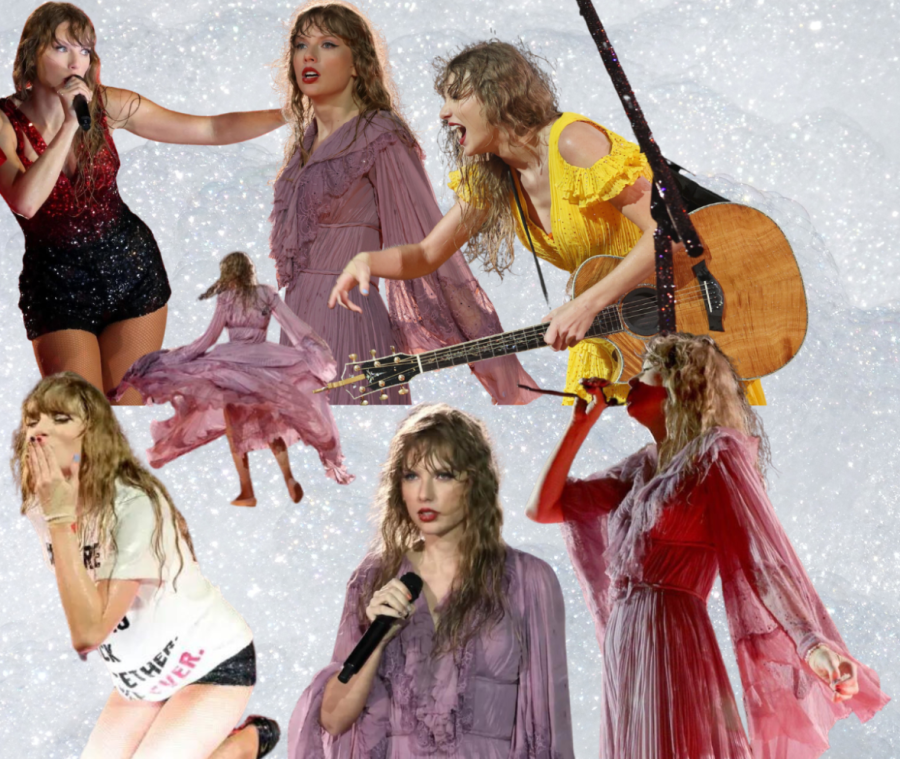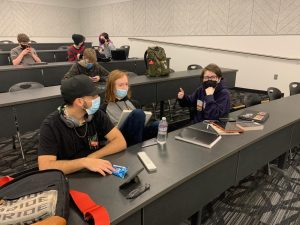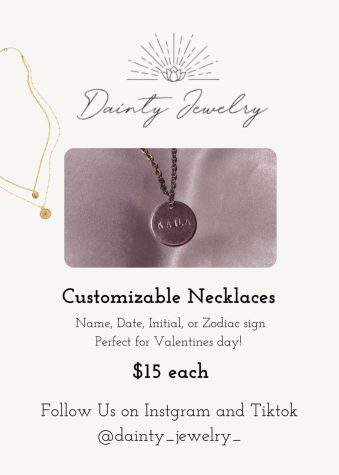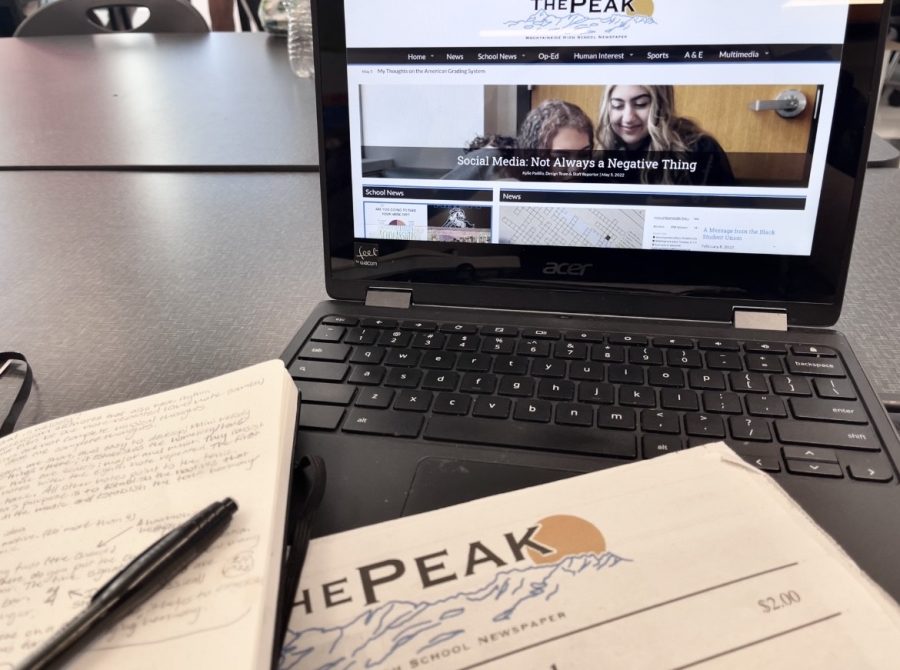Ostracism & Outcry
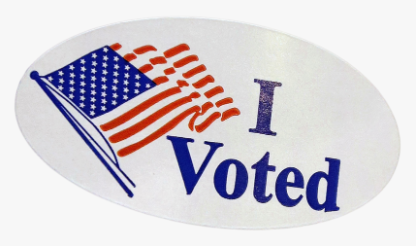
Photo Courtesy of Wikimedia Commons.
March 6, 2020
Amongst the chaos that was the Vietnam War and American conscription, the United States certified the twenty-sixth Amendment. The ratification lowered the voting age in America from twenty-one to eighteen. The age reduction was due to the fact that eighteen-year old males in the U.S. were eligible to be drafted into the Vietnam war and be taxed, but were not allowed to vote for their president.
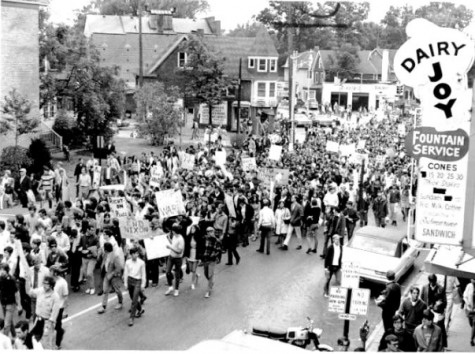
Many young adults, at the time, opposed the war for years through protests: which a US senate report credited as one of the main reasons the the amendment was ever even considered .The youth of America were being shipped off at the risk of death, without even a voice or vote to fend for themselves. In a sense, many were not allowed to control their own fate/future.
While something such as conscription may not be present in today’s society, the question still stands: does the youth of America deserve a louder voice in the democratic process? Do we, as soon-to-be young adults, deserve (or even currently have access to) the means of ensuring our lives can never be so shamelessly taken advantage of? Should America, once again, lower its voting age?
This is too important of a topic to flip a coin on.
The American student body’s attempt at earning their way to the ballot boxes has always seemed, to me, no less vain than any kind of political opinion voiced by a teenager. It’s for this reason I’m hesitant to put my two cents in on the discussion. I’m clearly biased, right? If I were to spend a page and a half exclaiming “yes let me vote,” that doesn’t add anything to the conversation; therefore, defeating the purpose of an op-ed. An answer like that is as bland as it is predictable. No one wants to hear a sixteen-year old complain about why he and his peers should be able to vote, because it’s no less mind-numbing than listening to sixteen-year old talk about why their parents should buy them a car.
At the same time, it would be equally pointless of me to say, “No, you can’t vote! Leave it to the adults, child.” Condescension isn’t a good look on me. Also, it’s not very advantageous for me to patronize my peers on my second op-ed ever.
A lowered voting age is an idea and movement I’m hesitant to endorse; though, it does pique my interest. Even then, I still can’t bring myself to champion it as the one true resolution to any problem. Rather than mindlessly devote my time to only one side of the argument, let me share my thoughts on the entire debate.
The common argument against lowering the voting age would be that teenagers aren’t as involved in politics, since they aren’t impacted by the decisions of policymakers. While that statement isn’t wrong, it’s also not true. Think about how many are soon to be affected or are in the process of pursuing lives where they inevitably will be. By sixteen, you are able to work as many hours a week as an adult, and by then, you are subject to tax. If teens sixteen-and-above are able to work without government mandated work-hour limits and be taxed, don’t they deserve some representation? Both the tax dollars of hard-working adults and teens contribute to the federal tax revenue that’s used to sustain our government. By allowing minors to be taxed, but not vote, you’re letting them fund an administration whose actions they may not condone. Teens may unknowingly help fund corrupt officials, future wars, or policies they may not see eye-to-eye with. Shouldn’t all those who contribute to the pool of money that’s used to run this country have a slight say in who gets to use it? Isn’t that a basic principle of democracy?
Another common argument you’ll find is that teens don’t possess a great enough interest in politics, which will lead to low turn-out during the election; therefore, defeating the purpose of allowing them to vote. To me this sounds like an issue that would solve itself. If you’re allowed to vote at a younger age, wouldn’t that be all the more reason to invest time into what’s happening in the world? Is it unreasonable to believe that the reason teens and children may pay less attention to politics is because the outcome of an election ultimately has nothing to do with their own opinion or decision? In other words, because they can’t do anything about it. While I’m sure there are individuals my age who pay close attention to the political landscape of America, there’s never been much incentive for the average teen to do so until they are of the age to vote.
Simply put, there’s nothing at stake for the average teen if they choose to ignore current events. Everything will happen and teens must suck it up and move on no matter what they believe. However, shouldn’t those approaching adulthood have a say in the future of the society they are soon to be released into? Those soon to inherit this country should have a choice.
Also, if we’re going by the logic of “these people don’t know what’s happening, their minds aren’t strong enough to grasp the situation at hand, nothing affects them the same as hard-working Americans,” why are the retired or elderly allowed to vote? While I can assure you that I don’t truly believe either the elderly or retired should be deprived of a vote, think of the hypocrisy this creates.
If the issue is that 16-year olds can’t keep up-to-date with politics, why is the voting age set at eighteen? Since when do eighteen year olds suddenly have all the time in the world? Stating that teenagers can’t keep up-to-date is, itself, outdated. The abundance of easily-accessible media allows for even teenagers to keep up-to-speed. With the rise of social media, 16-year olds and 18-year olds are basically within the same demographic now. So why can’t one have the same level of trust as the other? Turning eighteen doesn’t open some kind of third eye in us, folks. The world would be a much different place if that were true.
Now I did promise I would examine both sides, so here we go.
Though I do believe access to social media and the internet helps streamline the news cycle, a constant flow of information can easily lead to a mental overload. Something the mind of a teen isn’t built to handle. It’s very plausible that having several sources of information can cause confusion and lead to misinterpretation. It’s the same idea I discussed earlier, except I believe that the misinformation may come from an abundance of media rather than a lack thereof.
I don’t exclusively believe that the voting age must be lowered. Both sides of the fence present respectable and level headed rebuttals – something that’s always felt to be in short supply. I can understand the view of both the teens longing to do their civic duty, as well as the view of the adults who those teens wish to share power with. My intention is not to diminish any opposing viewpoints; rather, it’s to legitimize the one I lean more towards. It’s easy to dismiss teens in a discussion like this since they don’t exactly have the best reputation when it comes to anything – as they’re the gold standard of “a bad apple ruins the bunch.” No one likes them and they barely like each other – why would we listen to them? However, the more I looked into it, the more I felt the desire to vote was a sensible one. Their purpose is not to seize more power: it’s to give those, who have a sincere passion for change, a more respectable platform.




